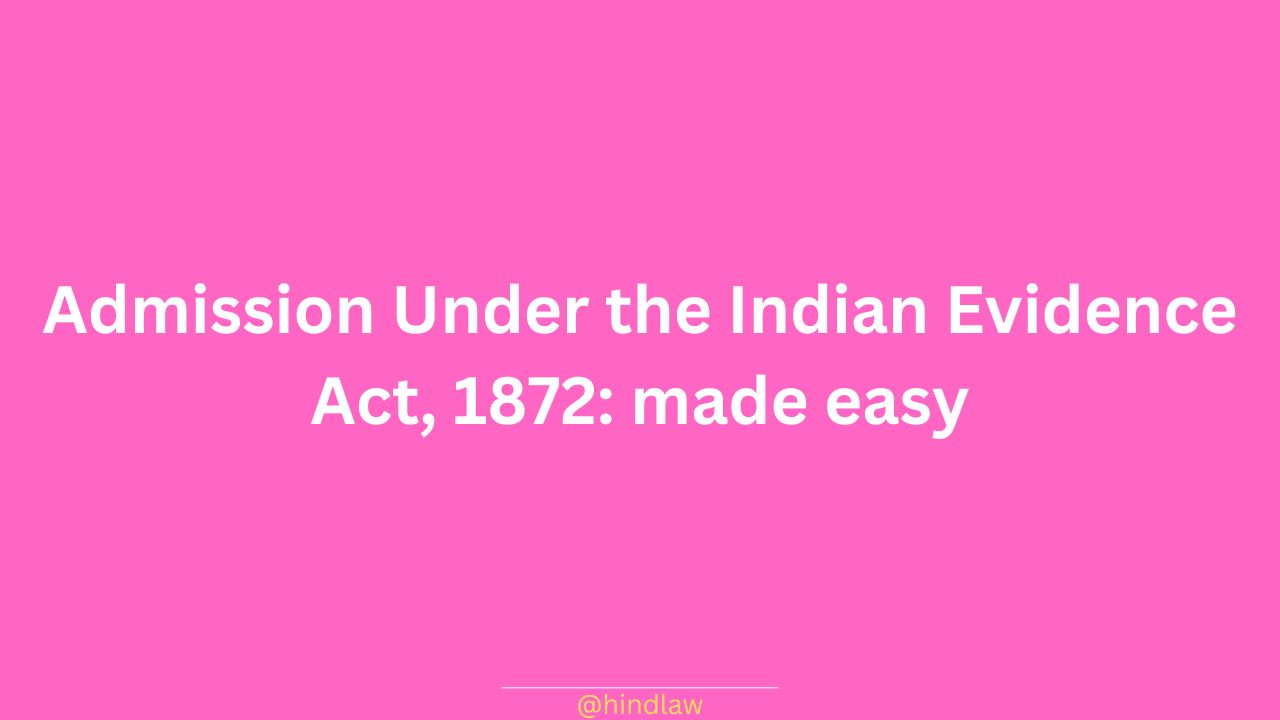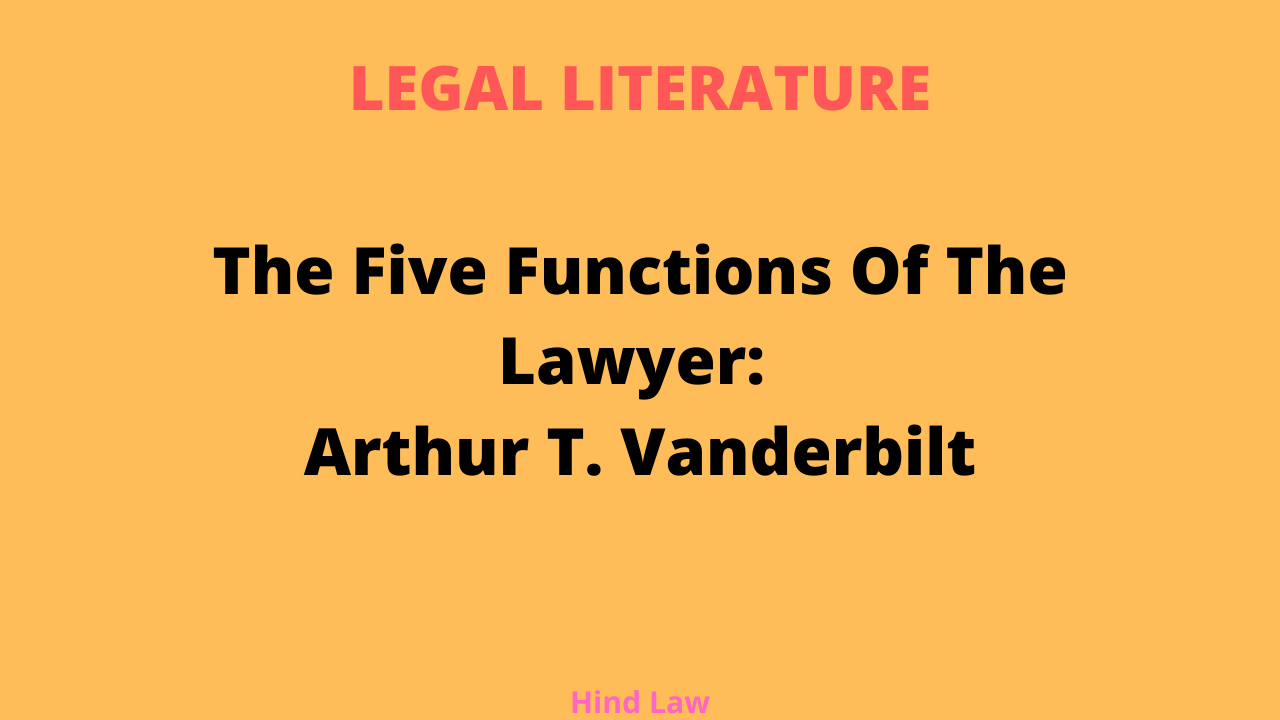Arthur T. Vanderbilt (July 7, 1888 – June 16, 1957) was the first Chief Justice of New Jersey Supreme Court from 1948 to 1957, the first Chief Justice under the revamped New Jersey court system established by the Constitution of 1947, in which the Supreme Court replaced the old court of Errors and Appeals as the highest court.
He was also an attorney, legal educator and proponent of court modernization. He was born in Newark, New Jersey. He was the President of American Bar Association from 1937 – 1938, Dean for many years – of New York University Law School, delegate to the Republican National Convention in 1936, 1940 and 1944.
Arthur T. Vanderbilt was also awarded 32 honorary degrees and also the American Bar Association Gold Medal. Many of these court reforms were incorporated into the new judicial article of the New Jersey Constitution like designation of the Chief Justice as the administrative head of all courts in the state. As Chief Justice, he created the first State Administrative Office of the Courts in the nation.
Arthur T. Vanderbilt identifies five functions which if a lawyer follows then he will surely become a great lawyer.
They are as follows –
- Counseling – First of all a truly great lawyer is a wise counsellor to men in their crises. A lawyer must possess a sound knowledge of the principles of law to provide effective counselling. A lawyer must also have a wide and deep knowledge of human nature and of modern society.
- Good advocacy skills – a lawyer must be skilled in the art of advocacy and Well-trained in defending the legal rights of his clients both in the trial courts and on appeal. A lawyer must be well experienced so that he can defend his client and help the court in proceedings.
Advocacy is not the gift of god it involves general distinct arts which must be studied and mastered. Constant reading and assimilation of facts and modern trends in the field of law will go a long way in helping a lawyer to develop the skill of advocacy.
- Giving back to the profession that gave him the status – a lawyer should focus on improving his profession individually and as a member of the organized Bar. Every man has the duty to build up the profession to which he belongs. The advances in natural science and technology and the changes in business and in social life are so startling(चौंकाने वाला) that a lawyer must improve his profession to keep pace with them. The law schools also must come forward to perform their task in helping the young lawyers to face the challenges of the profession.
- Offering wide advice when the public needs it – The fourth function of a lawyer is to act as an intelligent and Unselfish leader of public opinion. Sound public opinion is so indispensable(very important) that it can even change the course(track) of history.
The author cites an example from Charles Lindbergh’s warning about the war plans in Germany, over six months before the outbreak of World War II. If the news of Charles Lindbergh had been supported by strong public opinion, the course of history would have been different.
- Taking up government posts when it comes in order to save society – when in certain circumstances the standards of public life start deteriorating, the author makes a very strong plea for the lawyers to take up public office whenever there is a call. The professional thoughts and brilliance of a lawyer should not end in his own private clients. A lawyer with his profound knowledge in human relations and social conditions, can easily solve many of the problems of the day.
Therefore, These are the five important functions of a great lawyer. Education in these five functions of the lawyer is partly the sector of the college, partly the duty of the law school, but in large measure it is the responsibility of the individual lawyer.
Also Read:














